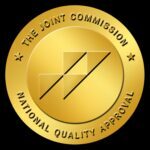Elevated’s Clinical Climb
Discovering a Healthy Path from New Heights
Each phase of Elevated’s clinical climb will have 12 assignments that take approximately two to three months to process. Below is a basic clinical program outline. However, please keep in mind that assignments will be individualized to the youth’s master treatment plan to reduce diagnostic symptomology and increase functioning. For example, one client may start with empathy work and another may start with accountability.
BASECAMP
White wrist band up to 4 hours on campus visit
Orienting our youth to the treatment process, The Clinical Phase 1: Basecamp begins by understanding the difference between guilt and shame. To climb a mountain where high altitude exists it is vital to adapt to the elevation. Basecamp ensures mental, emotional, social, and physical functions are at a minimum standard of endurance to begin “Ascending”. Treatment is individualized by creating strong links from assessed treatment needs and protective factors to goals created by the youth. Youth will come to understand how their trauma, mental disabilities, and environments affect how they have tried to get their needs met.
Accountability
Taking accountability gives us power to change instead of playing the blame game which takes power to grow away and places it in something out of our control. Youth will come to understand how the treatment team also approaches the idea of collaborative relationships, emphasizing honesty, responsibility, and trauma. We help each client understand therapeutic concepts such as guilt versus shame, the nature and role of the treatment team, and confidentially. This helps the youth focus directly on treatment and how to engage more effectively in that treatment. The youth also learns some rules and guidelines that must be present in order to internalize a future picture statement of health. This enables the youth by outlining protective factors and getting basic human needs met in healthy ways.
During the Basecamp clinical phase, therapists work diligently to develop a case conceptualization, a solid treatment plan, and the beginnings of a therapeutic alliance with the youth.
It is the goal of each Elevated therapist to not only meet youth where they are at, but also meet them where they dream and work with them from there.
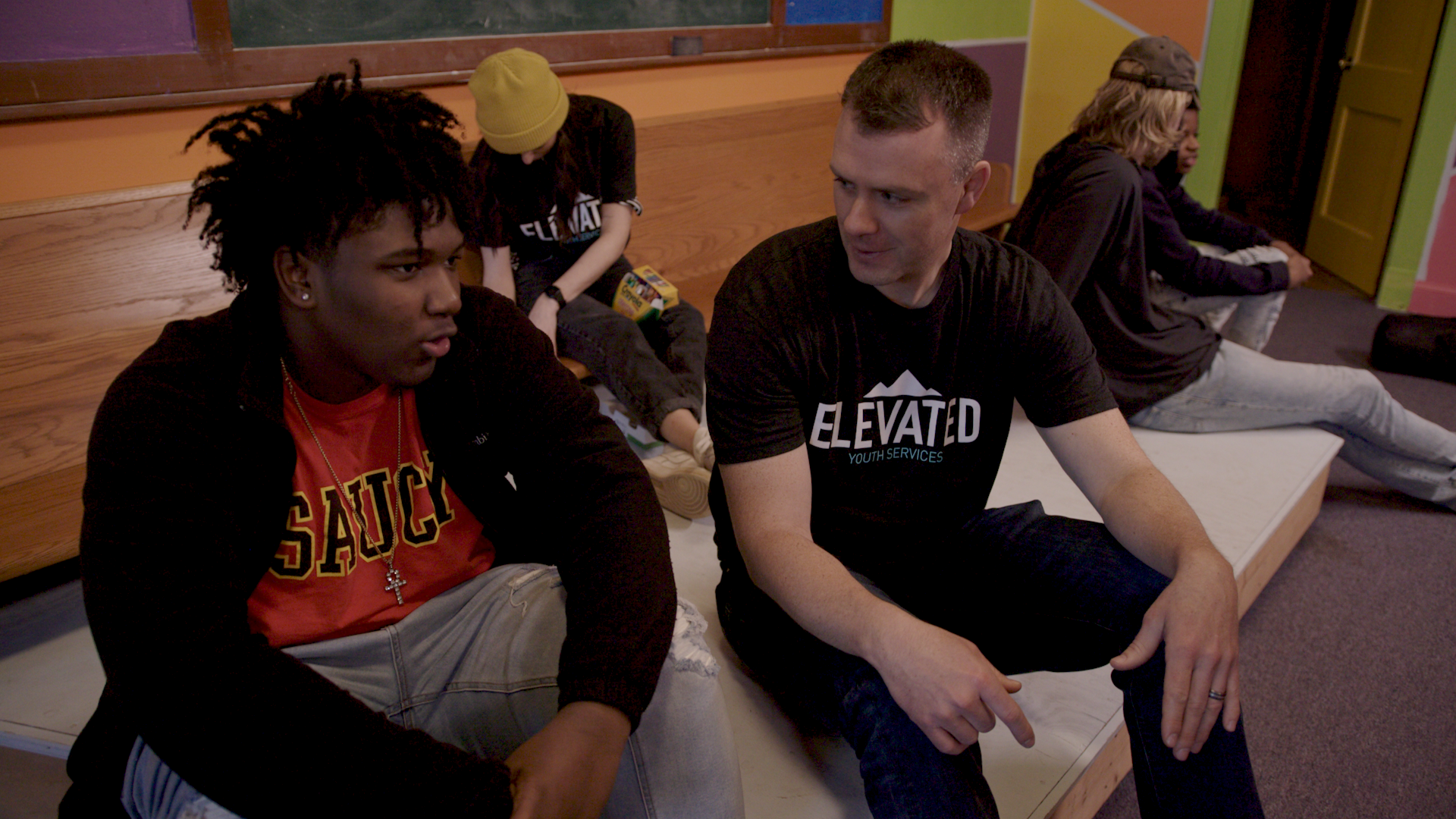
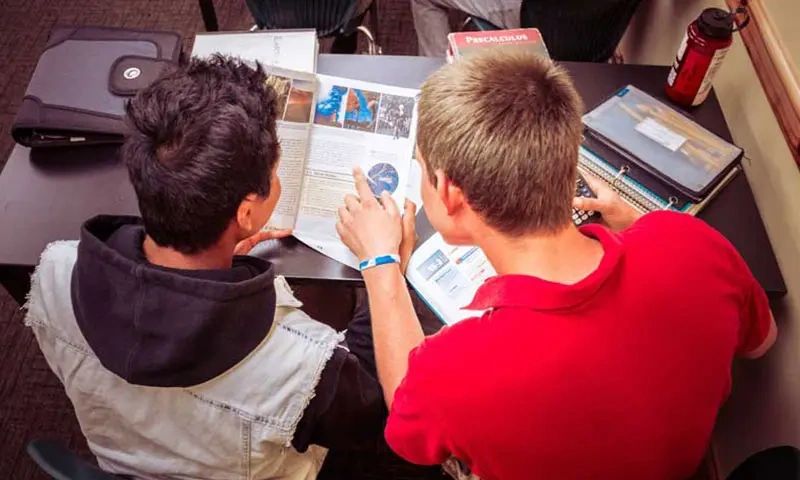
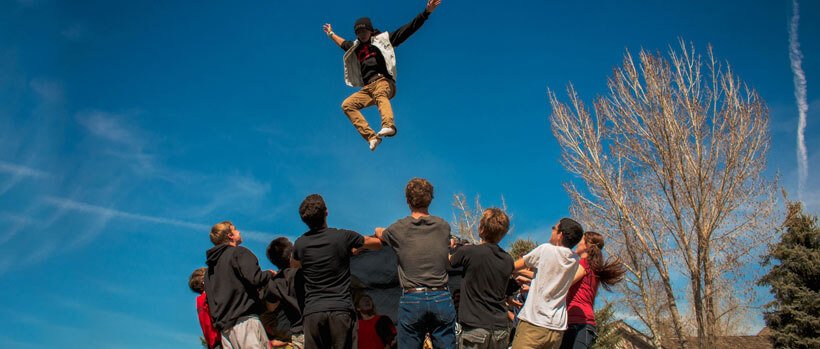
Major Topics
Orientation in Treatment
- Do You Understand Your Assessment and Feel Safe?
- Together We Rise
- Treatment Plan Goals in My Own Words
- External and Internal Navigation
- Defining Honesty, Responsibility, and Trauma
- Individual, Group, PsychoSocial Rehabilatative Skills (PRS), Family Therapy, Family Team Meetings, Family Group Meetings
Engaging in Treatment
- Engaging in a Therapuetic Alliance
- The Treatment Team
- Confidentiality
- Being Accountable
- Measurable Success Points
- Assessment of Treatment Needs and Protective Factors
- Matching Individual Treatment Needs with Clinical Interventions
Understanding Mental Illness and Maladaptive Behavior
- Trauma and the Need for Secure Attachments and Connections with Others
- Maladaptive Versus Adaptive Behaviors
- Resilience: Becoming Tempered Steel
- Healthy Coping Skills to Manage Complex Trauma
- What is My Future Picture Statement of Health: Emotional, Physical, Social, Esteem, and Self-Actualization Needs Met in Healthy ways?
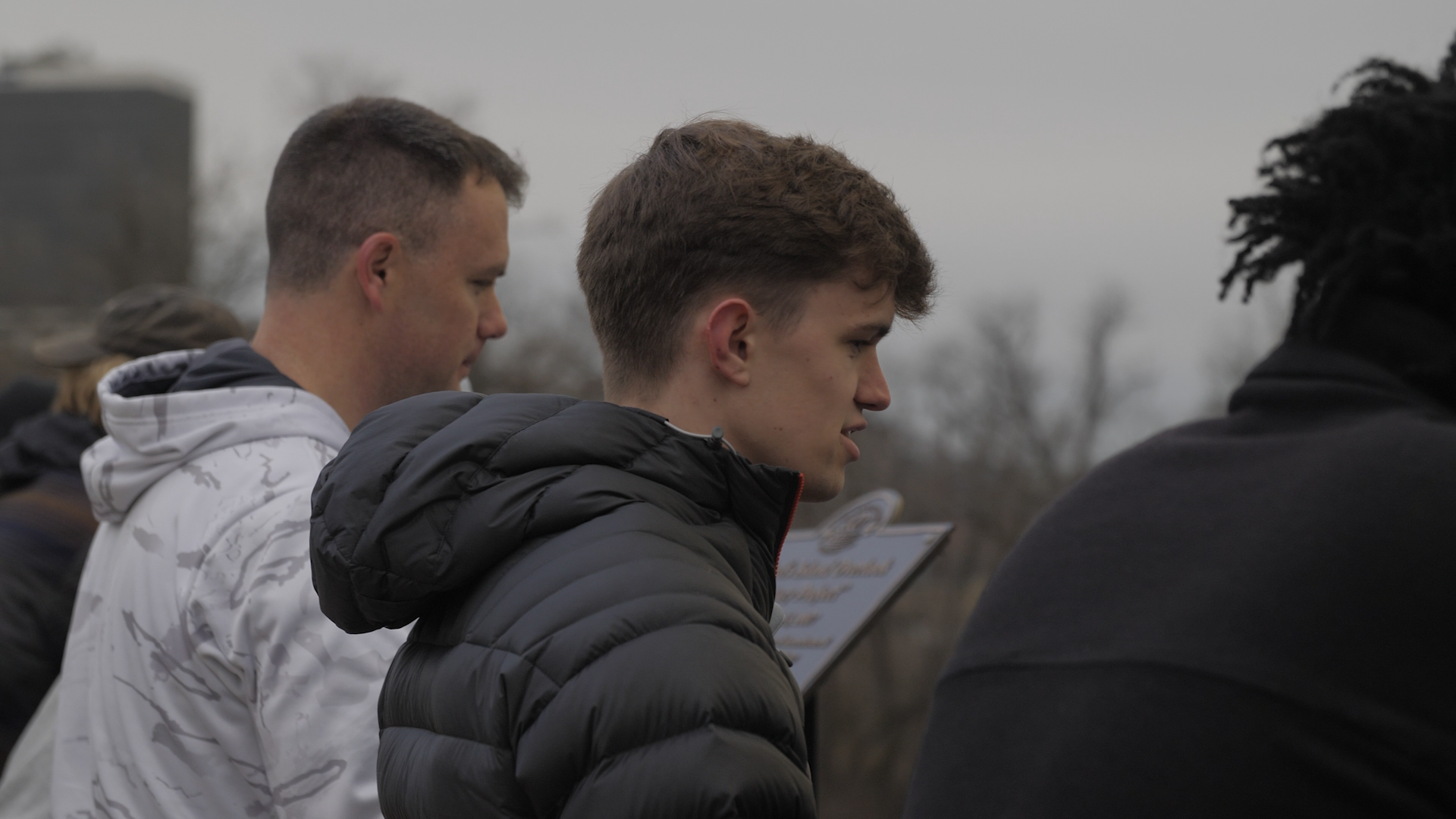
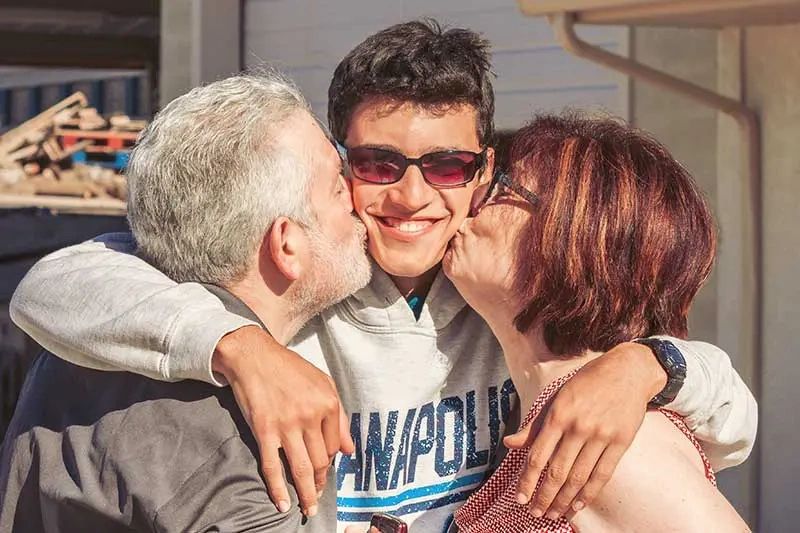

ASCENSION
Yellow wrist band up to 12 hour visit
Ascending requires a powerful answer to that part of each of us that says, “I can’t”. Taking charge of their world of interrelated thoughts, emotions, and behaviors rather than merely reacting to them. Therapists and Elevated Mentors can assist youth in seeing the value of building relationships, establishing social connections, and taking responsibility that will lead to more freedoms internally and externally.
What is empathy?
This Phase addresses relationships from the perspective of the connections allowed by empathetic and caring relationships. Empathy is taught to youth as:
- The Costs and Benefits of Being Vulnerable
- Empathy is about connection and listening more than the “right” words.
- Making Connections with Others by Feeling with them not just for them
- Recognizing That One Key Step in Developing Empathy Is That People Understand and Care About You. “
- “I/IT versus the I/You lens”
- Put on your oxygen mask first: Treating yourself like your own best friend
These tenets set the tone for both this Phase of treatment and the remainder of the youth’s time with us. We believe it to be an important element in any empathy, relationship, and community-building work.
Ascension concentrates on sharpening the youth’s understanding of trauma blunting a persons ability to make adaptive choices. Each youth is given tools to examine how maladaptive choices have possibly been a symptom of emotional distress. Taking an emotional tone, Ascension goes beyond cognitive perspective-taking and applies an approach that attempts to have the youth “feel with not for” others.
The goal here is not to induce shame or highlight irreparable damage but instead to allow the youth to establish values that will dedicate how they behave more than negative emotions will drive actions.
We all have “lenses” or underlying assumptions that we view our reality through. Ascension is about taking off the glasses of reality and examining what kind of lenses or beliefs we view our world through. The focus is on prospective taking and helping the youth become more attuned and sensitive to the others experience by using empathy essays, letters, and restorative clinical sessions.
Many young people with mental disabilities or disorders have experienced adverse or traumatic childhood experiences and have themselves been victims of sexual, emotional, verbal, or physical abuse. Ascension also examines the pain that comes from these experiences and finding wisdom and empowerment through them.
Major Topics
Orientation To Treatment
- Do You Understand Your Assessment and Feel Safe?
- Together We Rise
- Treatment Plan Goals in My Own Words
- Defining Honesty, Responsibility, and Trauma
- Individual, Group, PsychoSocial Rehabilatative Skills (PRS), Family Therapy, Family Team Meetings, Family Group Meetings
Engaging in Treatment
- Engaging in a Therapuetic Alliance
- The Treatment Team
- Confidentiality
- Being Accountable
- Measurable Success Points
- Assessment of Treatment Needs and Protective Factors
- Matching Individual Treatment Needs with Clinical Interventions
Understanding Mental Illness and Maladaptive Behavior
- Trauma and the Need for Secure Attachments and Connections with Others
- Maladaptive Versus Adaptive Behaviors
- Resilience: Becoming Tempered Steel
- Healthy Coping Skills to Manage Complex Trauma
- What is My Future Picture Statement of Health?: Emotional, Physical, Social, Esteem, and Self-Actualization
Free Solo
Brown wrist band up to 24 hour visit
Free Solo is a climbing term that essentially means climbing without a rope. Taking a deeper look at complex trauma can be scary and feel like you have to find hand holds and foot holds on your own. Clinical Phase 3 explains and explores feelings, reframing underlying beliefs, and adaptive versus maladaptive thought patterns. While holistic and evidenced based methods are utilized to address treatment needs throughout treatment, they are addressed in more detail here. In Free Solo, Complex Trauma, Mindset, and Value Clarification are the key focuses. Building upon the ideas and work accomplished in Basecamp and Ascension, the goal is to help youth recognize, identify, tolerate and cope with emotional distress and then to recognize that they get to decide how they want to think and feel. Youth will start to develop a plan driven by what values they have chosen to live into.
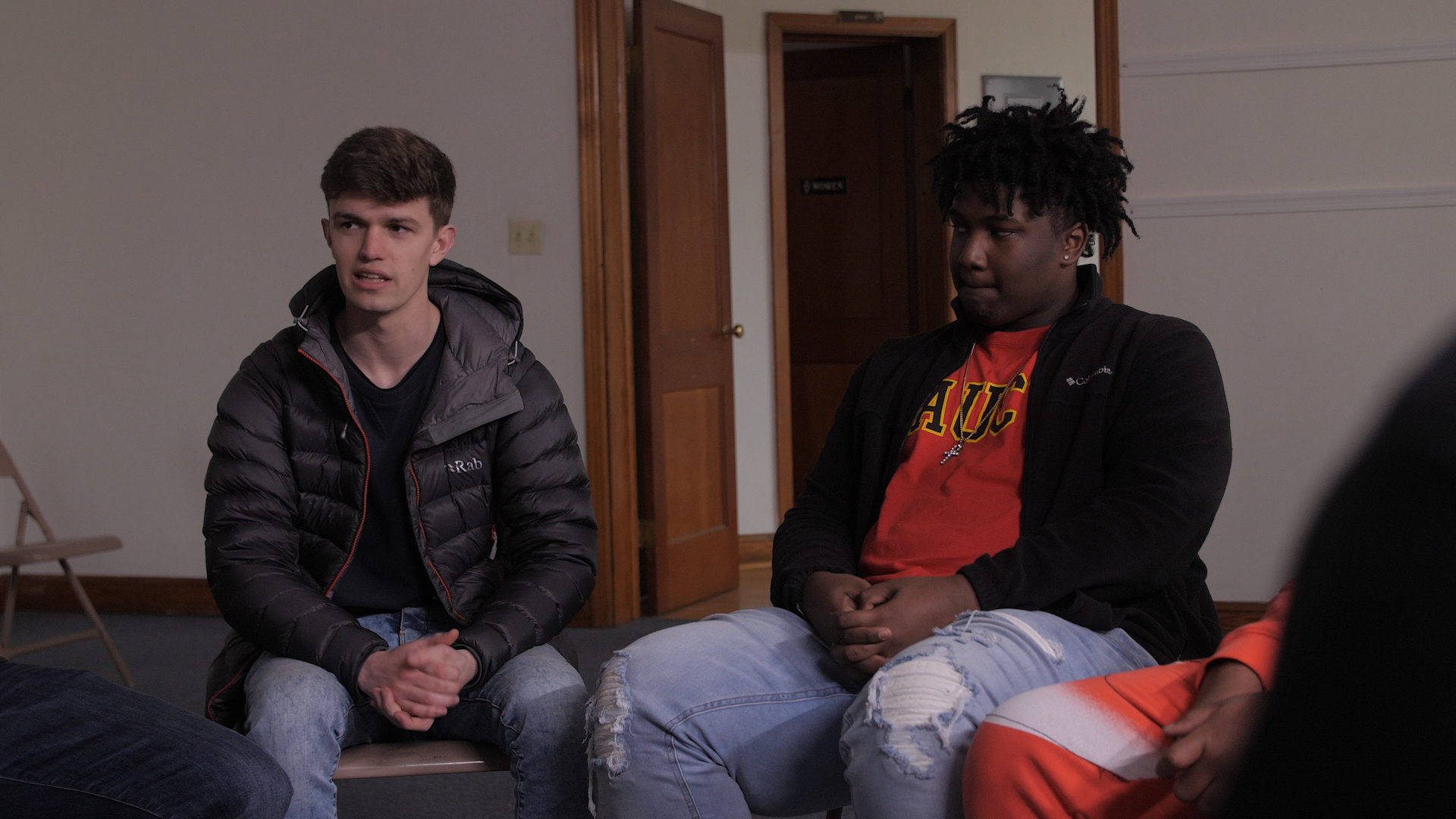
Major Topics
Understanding Mental Illness, Complex Trauma, and Maladaptive Behaviors
- Trauma and the Need for Secure Attachments and Connections with Others
- What is My Picture of How to get Emotional, Physical, Social, Esteem, and Self-Actualization Needs Met in Healthy ways?
- Treatment Needs and Protective Factors
- Value Clarification
- The Two-Part Brain and Kickstarting the Prefrontal Cortex
Examining Lenses
- Automatic Thoughts and Picture Fragments
- Underlying Beliefs and Patterns
- Working in the Here-and-Now: Being Present
- Autonomy and Purpose
- Fail as Fast as Possible: Never Stop Progressing
- Safe Guarding Success: A Plan Mixed with Emotion
- Putting it All Together
Fear and Critical Moments
- Riding the Wave of Impulses
- Posting Warning Signs Upstream of Any Waterfall
- Love and Control
- Seemingly Unimportant Decisions
- The Truth Stings, but Lies Destroy
- No Man is an Island: How to Receive Help
- Interdependance and Safeguarding Success
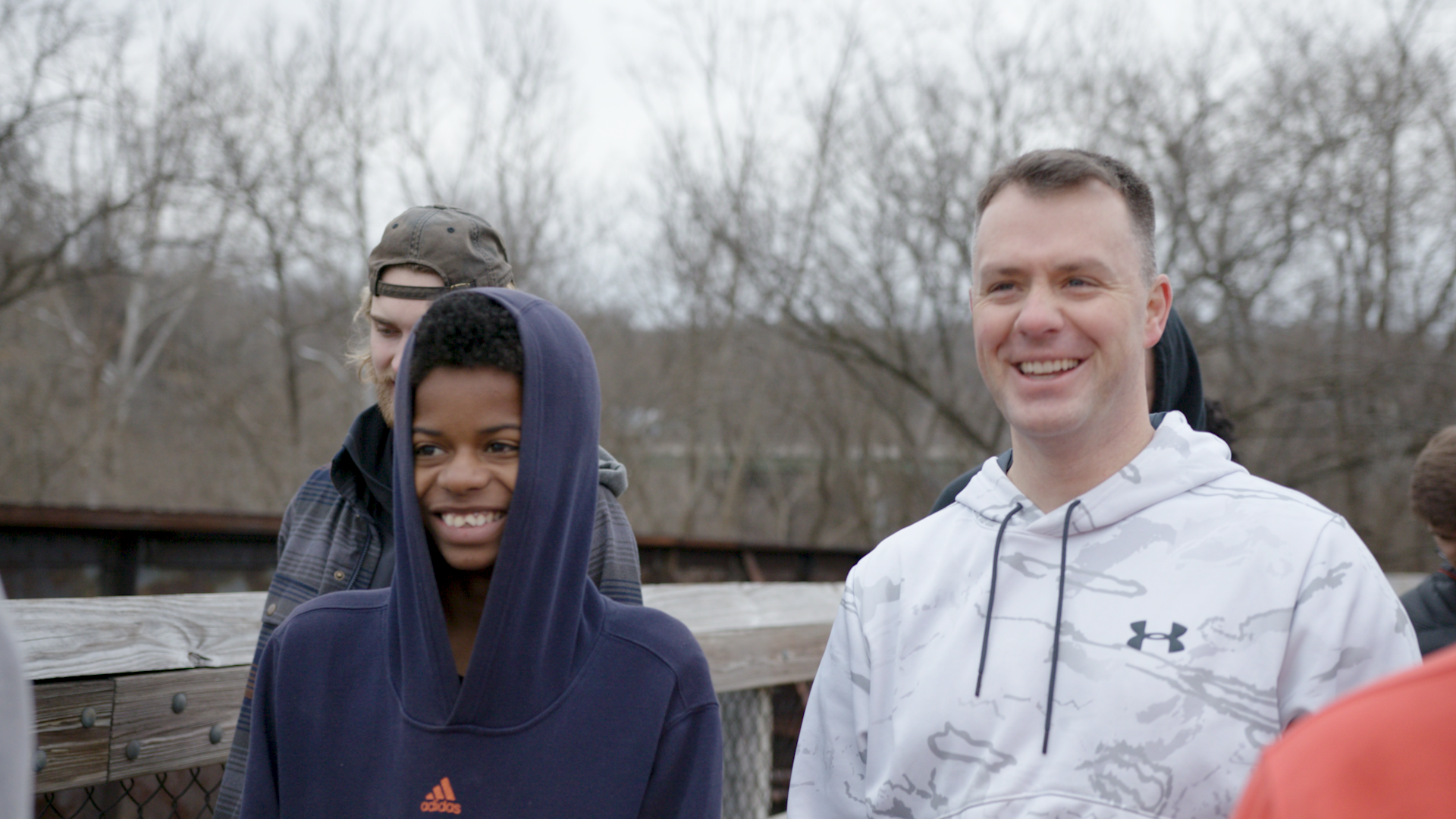
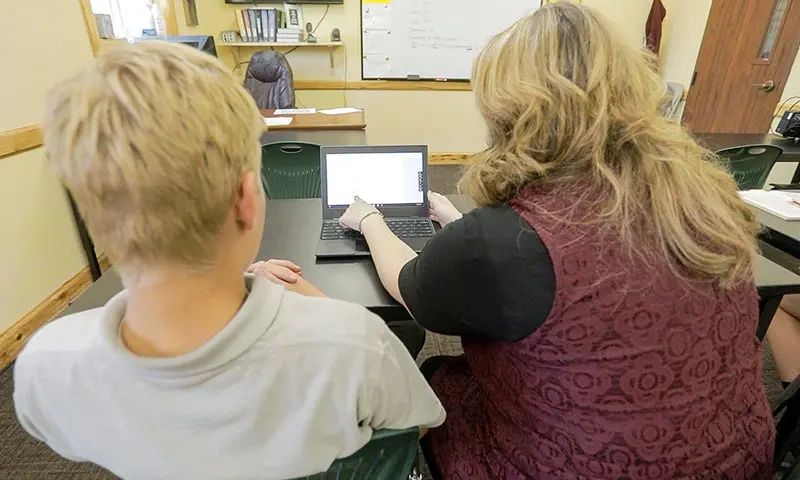
SUMMIT
Black wrist band up to 36 hour visit
The In phase 4 youth are assisted in the development of a comprehensive plan that targets key areas of health. Specifically, safeguarding success includes supportive relationships and the identification of crucial protective factors. Youth will have demonstrated the ability to utilize these protective factors and execute a plan before discharge. Ideally the young person will have the opportunity to demonstrate the effectiveness of their plan on many off campus visits. Emphasis is placed on having an outward mindset, creating peace for themselves and others, and managing thoughts and emotions by taking a step back. Therapists guide the youth through:
- Steps in Safeguarding Success
- Strengths and Goals
- Developing and Using Your Comprehensive Success Plan
Comprehensive Success Plan
The Comprehensive Success Plan also revisits and builds upon the ideas of previous treatment phases, while testing for retention and comprehension of ideas explored in those Phases and encouraging self-evaluation. Finally, this Phase helps the youth advance through treatment by discussing and distinguishing between types of relationships, ranging from close to more distant. Many youths who experience difficulties in building relationships feel lonely and disconnected from others, including same-age peers. These young people want relationships but don’t know how to build or keep them and often feel awkward and unsure of themselves. This issue is central for many of the youth in our care.This plan will be true to it’s name if it is treated with care and continually reviewed and revised as the circumstances of life change. Built into this plan will be powerful key words that will serve as anchoring points for each youth to remember their plan when they come to critical decision points between healthy and unhealthy choices.
Major Topics
Safe Guarding Success
- Building in Rewards
- Autonomy and Purpose Continued
- Taking a Helicopter View
- Emotions are Signals to Learn Being a Detective with Evidence
- Utilizing Protective Factors
- Getting Help
- Demonstrating Skills
- Letter to Elevated Youth Services
Healthy Relationships
- Types of Relationships
- Understanding Healthy Relationships
- Intimate, Romantic, and Sexual Relationships
- Healthy and Unhealthy Relationships
- Growing Healthy Relationships
- Love Versus Control in Relationships

